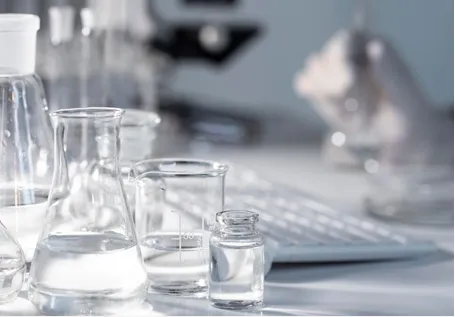Understanding Pharmaceutical API Raw Materials The Backbone of Drug Development
In the complex world of pharmaceuticals, Active Pharmaceutical Ingredients (APIs) play a pivotal role as the core components responsible for the therapeutic effect of medications. API refers to any substance or mixture of substances used in a finished pharmaceutical product (FPP) intended to provide pharmacological activity. The quality, purity, and consistency of these raw materials are critical, as they directly impact the efficacy and safety of the final pharmaceutical product.
Understanding Pharmaceutical API Raw Materials The Backbone of Drug Development
Quality control is a significant aspect of manufacturing API raw materials. Regulatory bodies, such as the U.S. Food and Drug Administration (FDA) and the European Medicines Agency (EMA), set stringent guidelines to ensure that APIs are produced under Good Manufacturing Practice (GMP) conditions. GMP guidelines cover all aspects of production, from the hygiene of the manufacturing facility to the training of personnel and the validation of analytical methods. Compliance with these standards is essential to guarantee that APIs meet the required specifications for potency, purity, and safety.
pharmaceutical api raw material

The sourcing of raw materials for APIs also requires careful consideration. Pharmaceutical companies must establish reliable supply chains to ensure that they have access to high-quality raw materials consistently. Any disruption in the supply chain can lead to production delays and potential shortages of critical medications. Therefore, manufacturers often establish long-term relationships with suppliers, perform audits, and conduct quality assessments to mitigate risks.
Additionally, geopolitical factors, trade agreements, and regulatory changes can significantly affect the availability and cost of pharmaceutical raw materials. Recent global events, including the COVID-19 pandemic, highlighted vulnerabilities in the supply chain of APIs, leading to discussions about increasing domestic production and reducing dependency on foreign suppliers. Governments and industry stakeholders are exploring strategies to bolster local manufacturing capabilities, diversify sources, and enhance overall resilience.
Environmental considerations are also becoming increasingly important in the production of pharmaceutical raw materials. The industry faces growing pressure to adopt sustainable practices, from sourcing raw materials to waste management. Green chemistry initiatives aim to minimize environmental impact by developing processes that reduce waste, energy consumption, and hazardous substances. By embracing sustainability, pharmaceutical companies not only improve their environmental footprint but also align with consumer expectations and regulatory trends.
In conclusion, pharmaceutical API raw materials are essential in drug development, determining the effectiveness and safety of medical treatments. The complexity of their production, coupled with stringent regulatory requirements, underscores the importance of quality assurance and supply chain management. As the pharmaceutical industry navigates challenging global landscapes and increasing demands for sustainability, innovation in the sourcing and production of API raw materials will play a crucial role in shaping the future of healthcare. Industry stakeholders must collaborate to ensure the integrity of these vital components, ultimately supporting public health and well-being.

